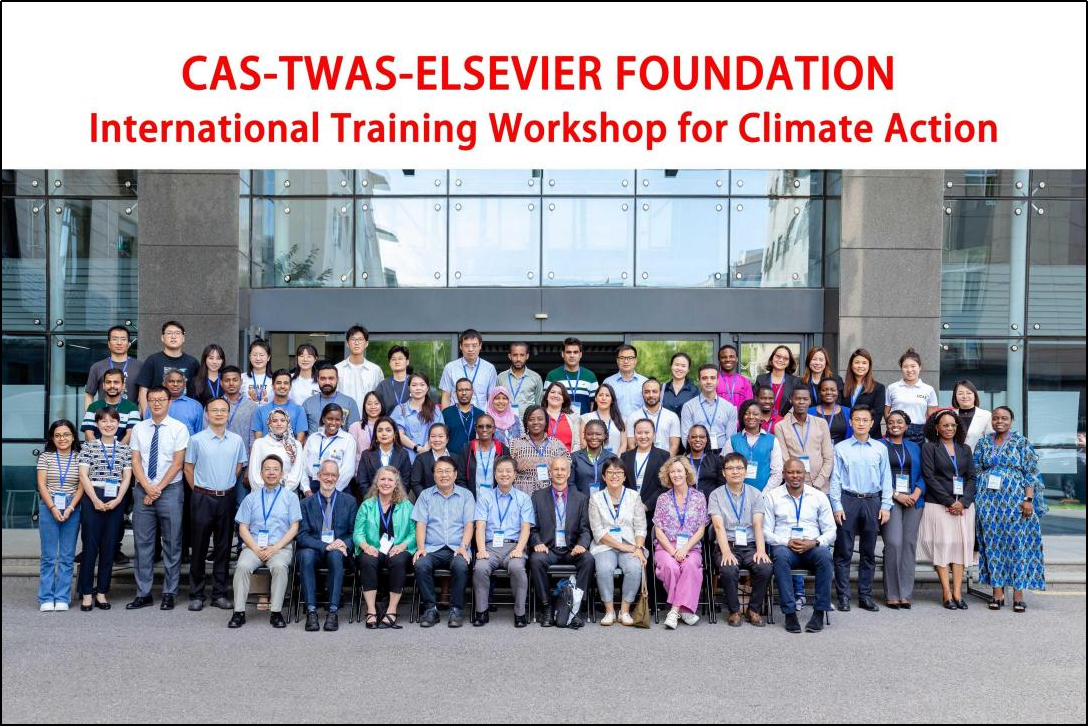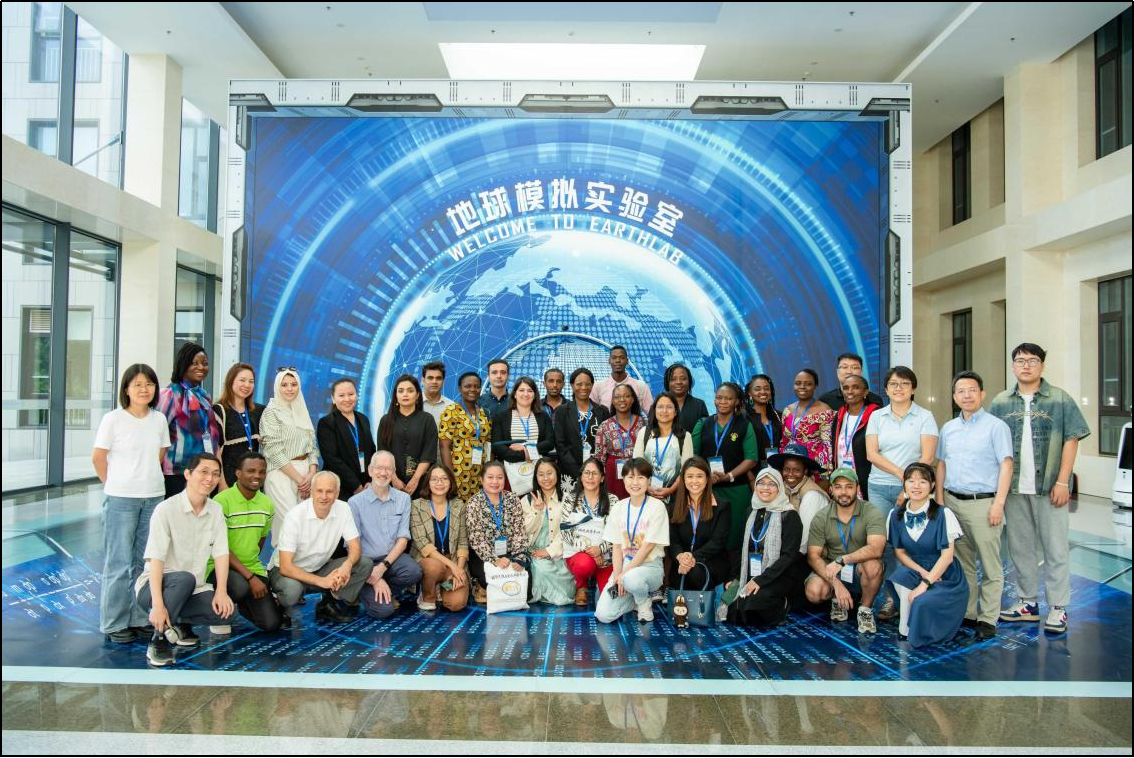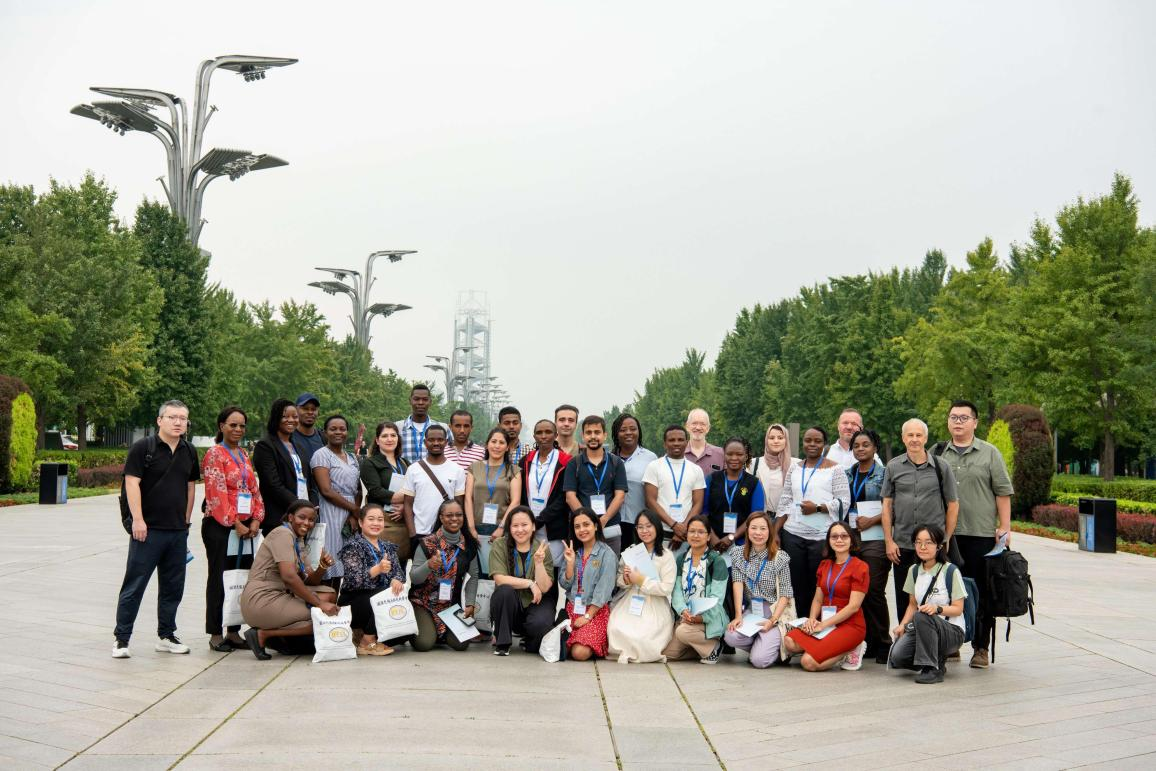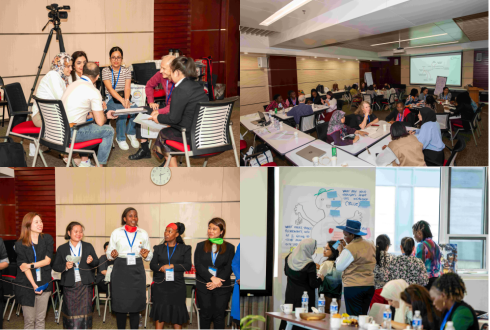The "International Training Workshop on Climate Action," hosted by the Chinese Academy of Sciences (CAS), The World Academy of Sciences (TWAS), and the Elsevier Foundation, took place in Beijing from September 2-6, 2024. Focused on enhancing the capabilities of women scientists from developing countries, the workshop brought together over 60 participants, including 36 young female researchers from 22 countries, many of which are from Least Developed Countries (LDCs). This initiative aligns closely with the United Nations Sustainable Development Goals (SDGs), particularly those related to gender equality (SDG 5), climate action (SDG 13), and quality education (SDG 4).
The program aimed to build scientific capacity and leadership among women in regions most vulnerable to climate change. Through a series of intensive sessions, the workshop provided a platform for women scientists to enhance their leadership, project management, and science communication skills. Featured speakers included Tracey Brown, Director of Sense about Science, Dr. Scott Jones, Co-director of Mind the Gap Research and Training, and Professor Panmao Zhai, Co-Chair of the IPCC AR6 WG1. These experts shared their insights on bridging the gap between scientific research and policymaking, emphasizing the role of women in leading climate action initiatives.
The workshop’s unique focus on integrating the themes of gender equality and climate action underscores the critical role women play in achieving sustainable development. By empowering female scientists from developing countries, the event addressed the need for diverse perspectives in climate research and innovation, fostering a global network of women leaders equipped to contribute to their communities and beyond. Participants engaged in interactive sessions that ranged from discussions on scientific challenges in climate policy to practical training in project management and communication strategies, preparing them to effectively navigate the complex landscape of global environmental governance.
The training also included visits to major scientific facilities, such as the Earth System Numerical Simulation Facility and a rainwater management project at Beijing's Olympic Park, providing practical insights into China’s innovative approaches to sustainability challenges. These experiences underscored the importance of science and technology in driving sustainable development and reinforced the participants' understanding of how research can directly impact policy and community action.
By aligning its agenda with the SDGs, this workshop represents a vital step in building scientific capacity and fostering international collaboration. It aims not only to address the urgent need for climate resilience but also to promote gender equality by empowering women scientists to take on leadership roles in their fields. As these women return to their home countries, they cahhy with them enhanced skills, new knowledge, and a network of global peers, positioning them to drive meaningful change and advance sustainable development efforts in their regions.

Group Photo

Participants visit the Earth System Numerical Simulation Facility at the Institute of Atmospheric Physics

Participants visit the rainwater utilization project at the Olympic Center

Participants actively engage in discussion